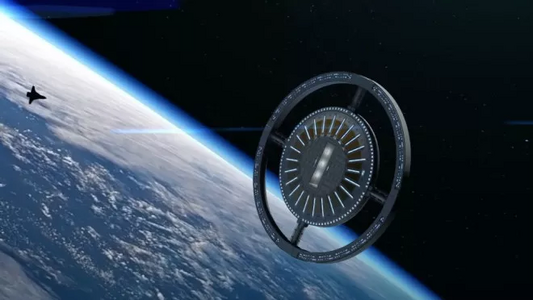- Joined
- Jan 15, 2006
- Posts
- 122,824
- Reaction score
- 4,082
- Points
- 113
Unfortunately, or fortunately, even if the deaths of WWI and WWII would not be of any significant impact to the burden on the planet. Mass shootings are only a media theatricality in terms of numbers impacted, much like serial killers, just a social ill at the fringes of society. If the COVID pandemic had been at Spanish Flu levels of fatalities, the reduction in population would still not be significant in planetary terms. It would take a plague the level of the Black Death, something like Ebola in Panavision format for there to be a global easing.
One thing that is not discussed is the concentration of humanity in various environments. There are vast expanses of land in every country that have no significant populations, not to mention the portions of the planet covered by water. Whereas we don't want to "spoil" natural habitats that are yet preserves, there are nonetheless many areas that are habitable without wiping out some flora or fauna. Of course, it means we expand with clean energy, biodegradable waste disposal regimes, and similar changes.
Overpopulation is not simply a numbers problem. We might well exist in the billions that we see today with half or even less than half the impact through more nature-friendly living.
One big issue: we can't supply even half the people we have on the planet with all the clean-energy devices -- starting with batteries -- because they depend on materials that tend to be in the category "rare earth metals". Just the mining for those at the moment is extremely bad for the environment; if mining has to move to less abundant deposits it will just get worse.




